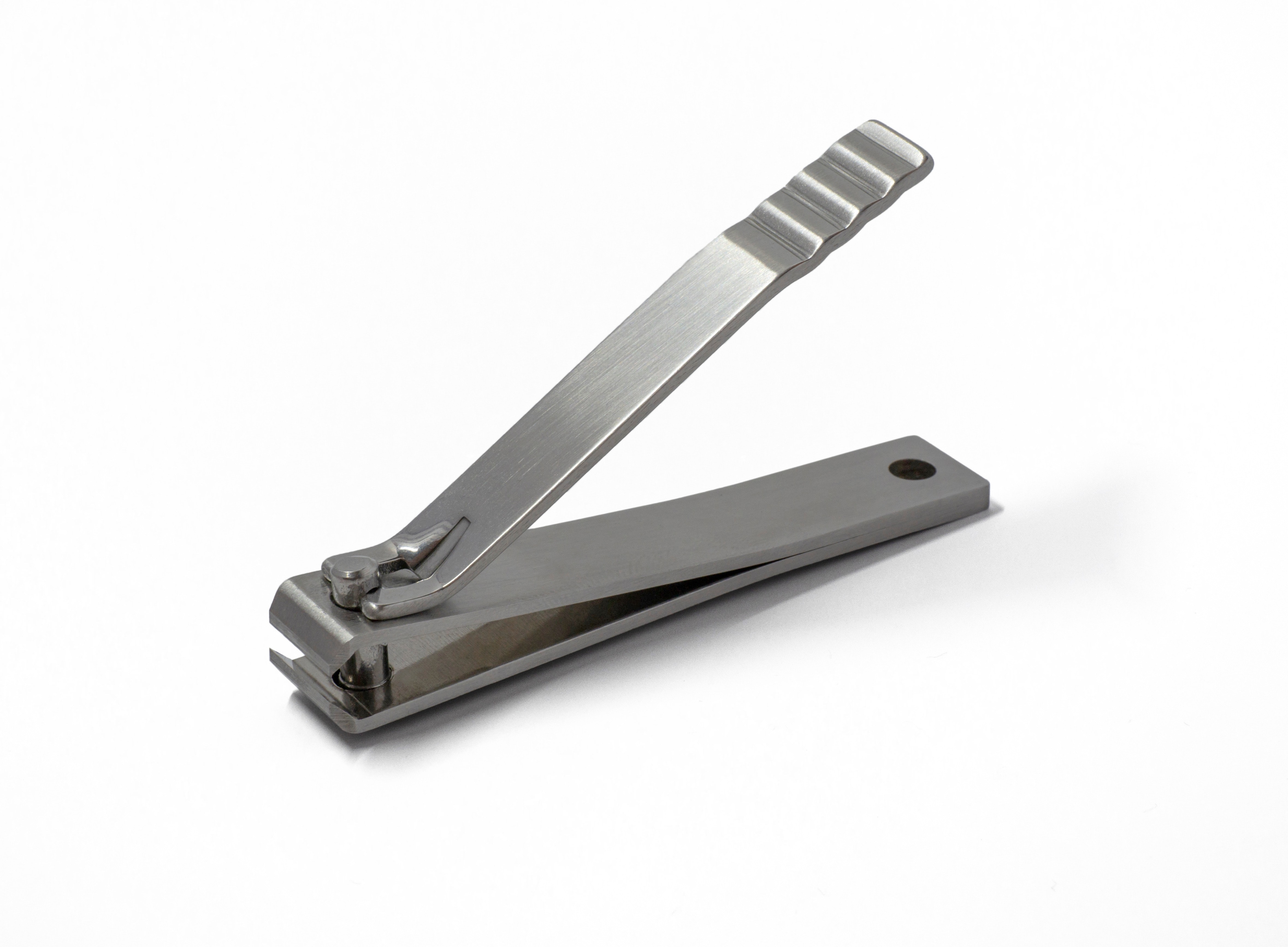This Week in HR, with empact HR

Nail Clippings, Human HR, & Effective Communication
THIS WEEK IN HR, we consider the topic of effective communication. Years ago, I went to an intensive conference, the objective of which was to overcome lingering personal challenges. It was grueling, sunup to sundown for 4 days, I stood up to the microphone repeatedly, doing the work, to reap the reward. My reward was ostensibly freedom from self-limiting stories I had routinely recited to myself.
One of the most impactful ideas we explored had to do with how we interact with others and the power dynamic we arrange through judgment. Why is judging the behavior of others so intrinsic to how I think about me?
Complicated? Yes, so let me give you an example:
I decided I need to talk to a colleague about clipping his nails in the office. I’m so annoyed; I think it’s gross and obnoxiously loud; I noticed he doesn’t wash his hands as often as I like; I’m really just concerned about the cleaning crew; ad nauseum. YUCK! In other words, I’m classy and he’s not.
These ideations demonstrate the following ratios: me=right / you=wrong; I’m justified / you’re invalid; I win / you lose. You see that? The way I see you only serves in the context of myself. I get a payoff for demeaning you.
But there’s a cost-axis that increases at the same rate of the payoff axis. When I’m right, justified, the winner, I lose something precious. When I insist that I am right and you’re wrong, I don’t get to have a truly loving relationship with you. Would you even want to know me in that case? Let alone be vulnerable with me? When I constantly justify myself, invalidating you, I can’t afford to be honest and vulnerable; I can’t even be real with you, because there’s too much at stake—my ego. And so on…
But here’s why it matters. Tact in the workplace is very important. A lot of the games we play in life outside of the office creep into our behavior at work. We often perceive and interpret our colleagues and their behavior in a way that keeps the egotistical narrative of our being perfect and others less than going. If we play these games in the workplace, tact won’t feel any better than insincerity – and communication won’t be at all effective.
It’s very often said, “Put the Human back into Human Resources,” without any qualifying elaboration. Humanness doesn’t mean you occasionally take your direct report to lunch or that you have an open-door policy; it’s something much harder to do. It’s a dynamic that only flourishes under certain conditions: Genuine respect, empathy, and a serious pursuit of ego-mitigation.
I actually did work with a guy who habitually clipped his nails in the office. I’m pretty sure he was clipping his toenails, too – when he thought nobody was looking. He shared a cubicle with a colleague and was fewer than 3 feet from others in adjacent cubicles. They all suspected the toenail thing, too. And everyone was absolutely disgusted. No one had built the kind of relationship capital required to enable the question, “Do you mind?!” So, the task fell to me. My inclination, especially then, was to act imperiously and to put the guy on notice that he was being disruptive, unprofessional, and repulsive. Thankfully, I remembered this proverb:
Do nothing from selfishness or empty conceit, but with humility of mind,
regard one another as more important than yourself
How to:
- First, I put myself in his shoes. He was working overtime. He only did it when his cubicle mate wasn’t in.
- Then, I prepared the conversation. I looked to see if we had any existing policies related to hygiene and grooming. We didn’t.
- So, I had to take a different approach, I used empathy. Now, at the time, I had my own private office, somewhat sequestered from everyone. Guess what – I sometimes clipped my nails and filed them in the office! I cringed at the harsh realization that I wasn’t always the picture of propriety, dignity, and class in the office—hardly.
- So, I called him in and asked him if he would clip his nails at home, that I was cleaning up desks and moving some electronic equipment around a few days before and stabbed my knee on a toenail shard underneath his desk. That was actually true. Gross, huh? I said it kind of laughingly and he laughed sheepishly in return, agreed to change his filthy ways, and we are friends to this day. We never received any more complaints from his neighbors.
Without fully understanding it, I was practicing the number-one and -two keys to building a relationship, empathy and honesty. Tact in the office is important, especially when everyone has an opinion about everything from politics to compensation. But empathy and honesty are the bedrock of human HR and authentic relationships. Knowing this is the beginning of wisdom for the successful leader, in my humble opinion.